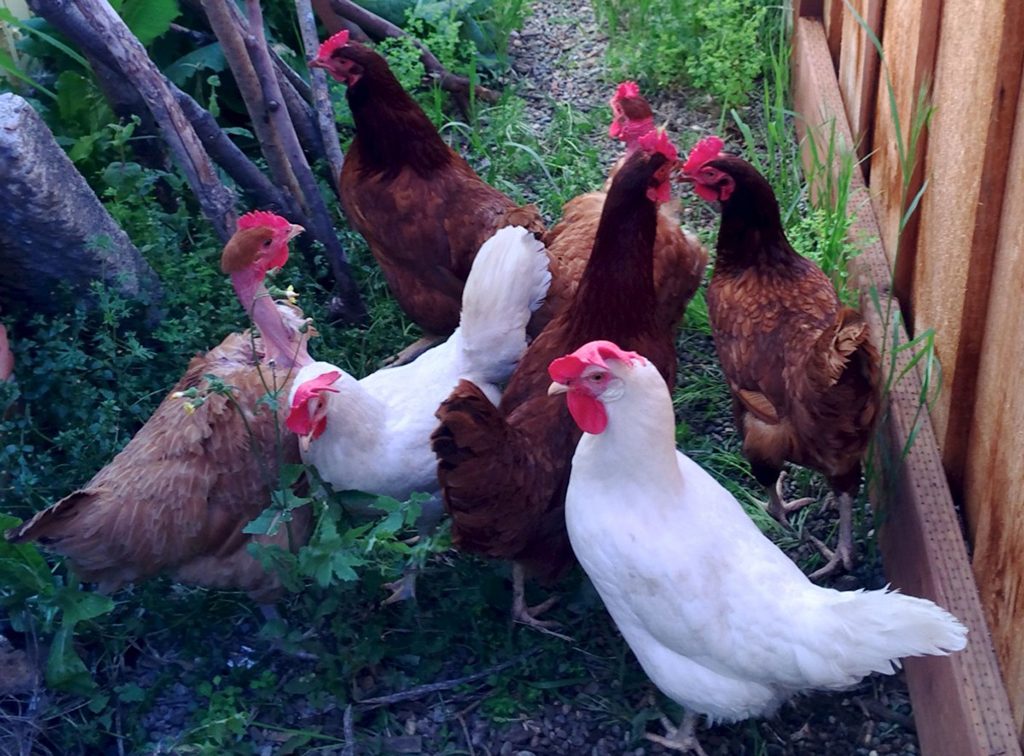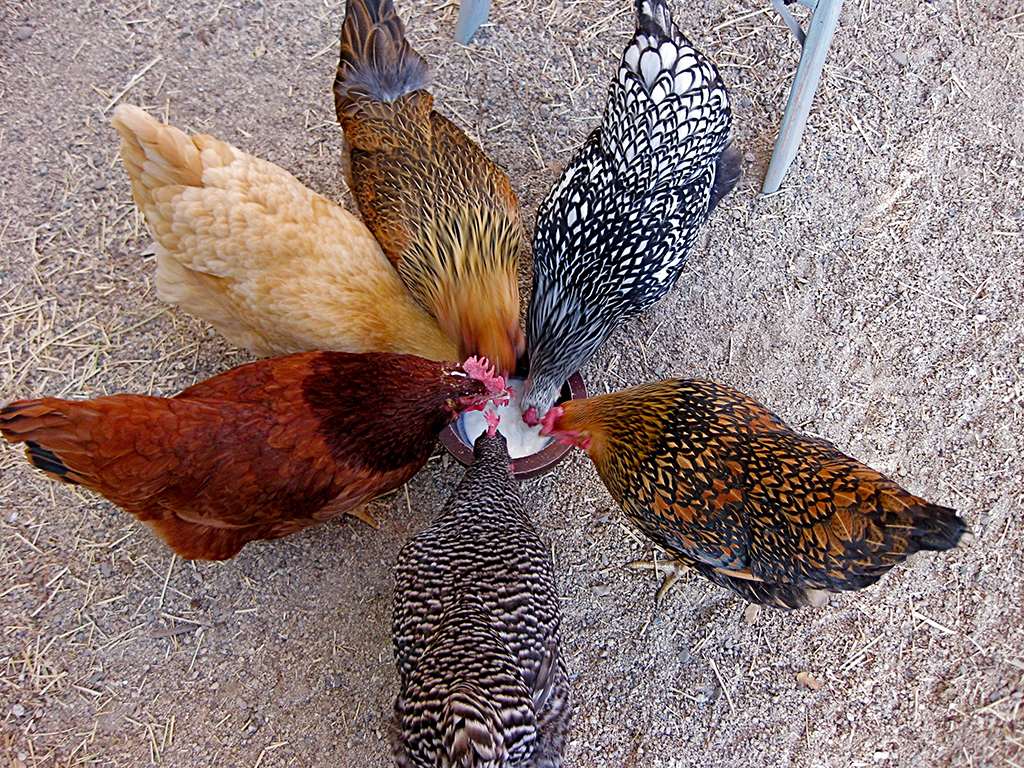
OVERVIEW
It is very exciting starting your very first chicken flock. There are so many benefits to owning chickens like fresh organic eggs, they can keep your garden pest free, give you organic fertilizer and can make great pets.
You may want to breed them, get onto a heritage program to help save various endangered breeds. They ever have very exciting poultry shows where poultry keepers come from all over to proudly show off their prized beauties.
But as exciting as it may all seem it can also be quite daunting and very confusing for beginners.
We have put together a Eight-part series on where to start, some tips and advice on how to start your own flock.
In Raising Chicken Series we are going to look at:
- Part 1 – Why do you want to own chickens?
- Part 2 – Planning and Housing a flock of chickens
- Part 3 – Choosing a chicken breed
- Part 4 – Settling the flock into their new home
- Part 5 – All about pullets, hens and eggs
- Part 6 – Taking care of your chickens
- Part 7 – Cockerels and Roosters
- Part 8 – Feeding your Chickens
PART 1
In the first part of our series, we get to find out if we are ready to take on our new challenge of becoming a chicken owner.
Why do you want to own chickens?
With the price of food what is today and even though every item sold in supermarkets should be transparent, we are still not sure if what we are eating is good for us. We cannot be certain of what the animals are being fed, what supplements are they giving the chickens, etc.
With us looking for better, greener and healthier ways to live going organic and keeping our own chickens becomes are a really great option.
But as with any other pet/animal taking on chickens comes with great commitment, outlay and a lot of hard work.
Before you go rushing into becoming a poultry keeper have a clearly defined goal/purpose as to why you want to own chickens. Decide if you want to keep them for ornamental reasons, their egg-laying ability, meat, show, to breed, a little bit of all the previous reasons and or as a pet.
Make a list of your requirements
Make a list of what it is you are looking for in a breed. For instance, do you have kids that you would like to learn about chickens?
Do you live on a homestead/farm, in an apartment or urban residence?
How much space are you going to be able to use for the coop?
Check for known predators in your area
Get a report on known predators in your area from your local animal conservation and or animal control unit. This is a very important factor as it will determine what the type of coop you will need to suit your garden size.
Finding out about the laws and regulations that govern owning poultry in your area
Most places allow for a chicken or two to be kept in your garden, but it is best to check what the regulations/laws/rules are for your area/neighborhood.
Check local regulations and laws pertaining to keeping poultry in your area such as:
Zoning laws
Zoning laws are the laws that govern the restriction on what types of animals a person is permitted to keep in their areas.
How many animals per type, e.g. how many chickens or roosters (if any as they are rather noisy) one may keep per household or number of dogs/cats, etc.
If there are special requirements such as permits and or licenses for owning these animals.
There is usually a code section which will state what type of structures are and are not permitted in the garden for that area. If there are any height, weight, size, required distances from dwellings per structure and the limit on the number of structures allowed.
There may even be a maximum total number of animals no matter their species allowed per property.
If you are planning to sell any eggs, meat or breed animals the regulatory requirements for these will found in the zoning laws. It must be noted that there may be different requirements and regulations for keeping animals as pets or for food/profit.
There may even be a distinction between the size of each animal for chickens it could be a maximum size/number a person can keep.
Nuisance laws
These are the laws that govern the residents of the neighborhood rights to enjoy their own property without unreasonable levels of noise, blight, pollution, pests, foul odors.
The first place to check these laws is with any governing body that may govern the property you are living in. Bodies such as Body Corporates, Housing committees, property associations, private property organizations or if you are renting the property the owners. These parties should always be consulted before keeping any new animals on the property.
Even if it is not an actual requirement the posting of an official notice of your intent to own and keep chickens in the area is always a good idea. Even if you put a notice in their post boxes or slip it under their front doors.
Especially if you are going to keep a rooster as these birds tend to be very noisy and a lot of areas do not allow them or have strict rules controlling the owning of them.
Public Health laws
These are the laws that state any requirements that have to be met by pet owners for that area.
For chickens, it may require a plan for the waste removal from your property to ensure that any waste is not going to cause any health risks.
The maintaining of a certain distance from garden walls, fences, building or openings for the animal housing structures.
Pest, vermin and predator control and prevention plans and maintenance for each animal.
Various disease outbreaks prevention and control requirements.
Animal Welfare laws
In many, if not all states there are very strict and significant laws governing the keeping of any animal, not just chickens.
Not adhering to these laws can cost hefty fines and penalties.
There is a penal code in California for instance, Penal Code 597 which is a misdemeanor/felony that is subject to imprisonment for up to 1 year and could include a fine of up to $20 000 dollars or more.
Make sure you are aware of these laws.
They will include laws about the treatment, adequate living requirements, sanitation and humane treatment.
There are cities that will remove any animal that is unattended. Animals are considered to be “animals at large” if they are tethered on public land, roaming outside of a property unaccompanied.
There are usually no rules that govern an animal falling sick unless it is an outbreak disease type. But they may have strict rules on how to dispose of the animal’s body should it die. Some cities require owners to report the death of their pets and a person could face penalties should they not do so.
Always ensure the animal is registered, you have obtained any livestock permit and that you have met the animal protection ordinances for adequate bedding or enclosures.
NOTE: If one finds there to be an absence of any animal specific laws for your area that does not necessarily mean that there are no regulations. In this case check with your local animal welfare society, vet, animal control or go to your municipality.
END OF PART 1
This is the end of the first part of our seven-part series and I hope we have left you with some food for thought.
If you are really serious about keeping chickens, you have started on an incredible venture that is really rewarding!
Join us for our Part 2 of the series where we look into Planning and Housing a flock of chickens
Be sure to check out our “10 Chicken Breeds that make the best starter chickens for the first-time poultry keeper” article if you have not done so already.
 Planning and Housing a flock of chickens
Planning and Housing a flock of chickens Choosing a Chicken Breed
Choosing a Chicken Breed Settling the Flock into their New Home
Settling the Flock into their New Home All about Pullets, Hens and Eggs
All about Pullets, Hens and Eggs Taking Care of Your Chicken Flock
Taking Care of Your Chicken Flock